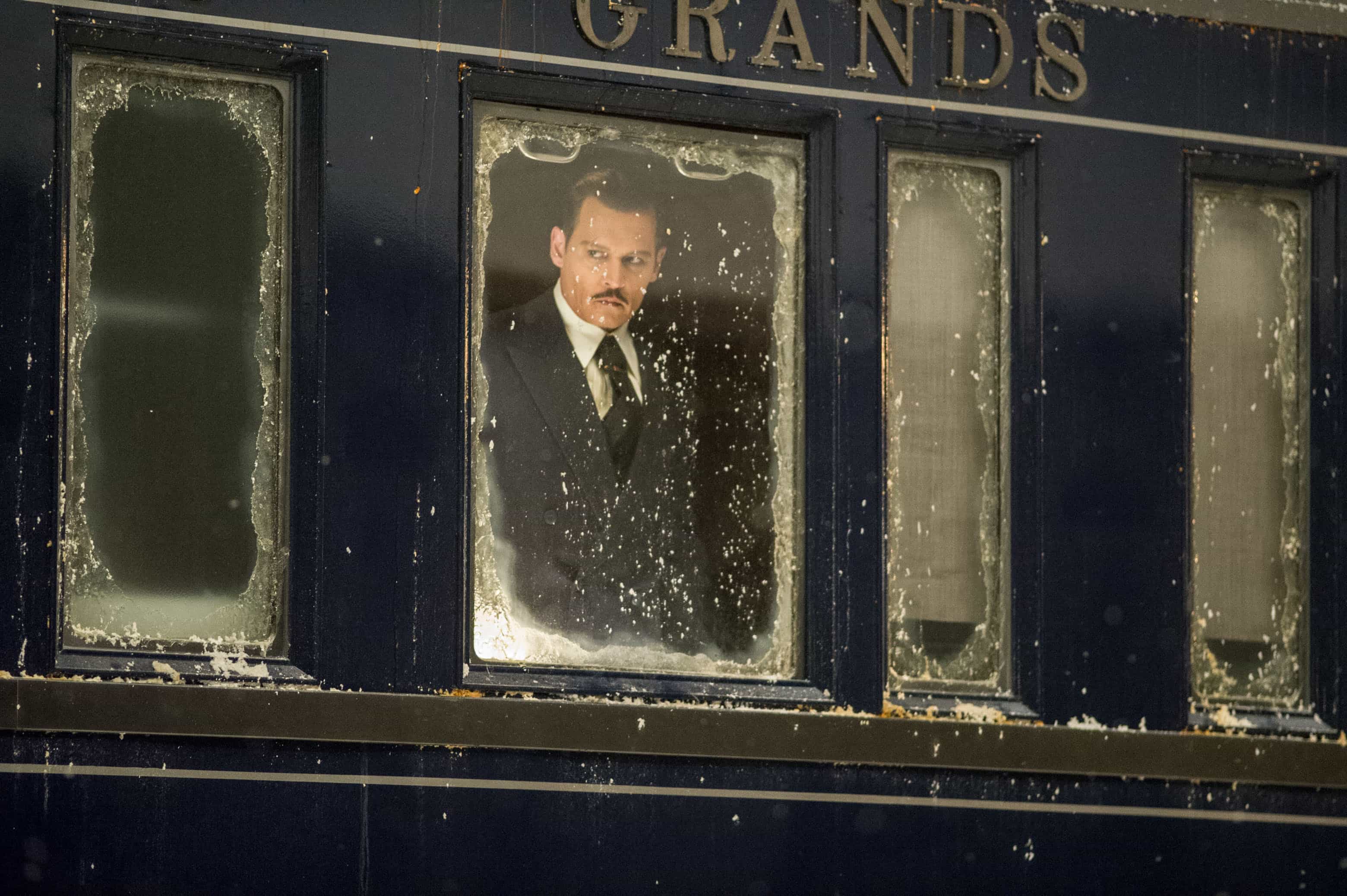One murder. One detective. Twelve suspects. Twelve different possible motives… But could there also be mercy and human brokenness lying beneath this mystery?
The movie opens with our Belgian detective Hercule Poirot solving a murder in Jerusalem relying upon a single clue. The obsessive genius of the man catches each detail—each detail of every moment. That compulsion to see the world as if it could be perfect, drives the man into correcting the angles of ties, measuring the size of his breakfast eggs, and even sleeping with a mustache guard to maintain the comical wisps and swoops.
Yet, his vision offers the audience insight and even a challenge. Soon after departing from Jerusalem, he boards the train from Istanbul to Paris—a train ride which leads to the inevitable murder mystery offering insights into 12 different people’s brokenness.
“I see evil on this train… A passenger has died. He was murdered. The murderer is on the train with us now, and every one of you is a suspect. So, let us catch a killer.”
Poirot’s investigation into evil backfires. Before his untimely death, Ratchett sits with Poirot in order to discuss some business. In their interchange, Poirot asks, “And, you are innocent?” Ratchett chuckles, “You’re fun.”
Shortly after, Ratchett dies and the investigation begins. The only problem is that as the investigation takes us into the life of the murdered, his death becomes appealing. As we learn about him, he grows more and more detestable—a wake of destruction, abuse, and deceit emanate from his life.
At the same time, the suspects grow more and more sympathetic. One drinks to numb the pain of failure. Another lies about her romantic relationship, because she fears prejudice. One mourns the loss of loved ones. One hides from her fears in a bottle of barbiturates. These 12 suspects may not be innocent, but they certainly are wounded.
But then, does that make Murder on the Orient Express a movie which advocates for a sort of karma-like justice? Does it assume that you get what you deserve, or that the murdered had it coming?
No—which is perhaps one of the most peculiar tensions within the movie. As detective Poirot searches through clues, interviews the suspects, and deduces the linkages between the murdered and each passenger, he is driven by the fundamental belief that murder results in a “fracture of the soul.”
Poirot adheres to a personal philosophy which views the world in black and white: the perfect world and the world which has fallen. For Poirot, there are those who are good and those who broken and evil—fractured shells of humankind. Murder remains unacceptable, despite the slowly growing list of reasons why the murdered may in fact have deserved such a gruesome fate. Yet the more he investigates, the more Poirot sees that it is not simply the murderer who is fractured by the violence, but it is also the victims and all those affected by the loss.
Poirot’s particular attention to each detail and person leads him and the audience to a tense realization: Maybe we are not to be the judges? Maybe, we are called to mercy for those who are broken—no matter their faults or sins.
Maybe, Murder on the Orient Express isn’t about a murder at all. Maybe, the mystery in which we are meant to dwell is in fact the mystery of mercy, accepting the brokenness and woundedness of others.
Knowing that with mercy and love, they may one day find healing… And, despite the sins of their past, they might move onto a new track and a new life.
-//-
The cover photo is featured courtesy of CNS/Fox.


